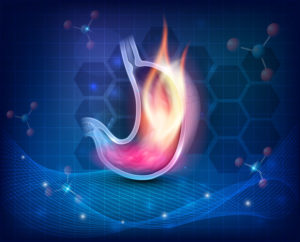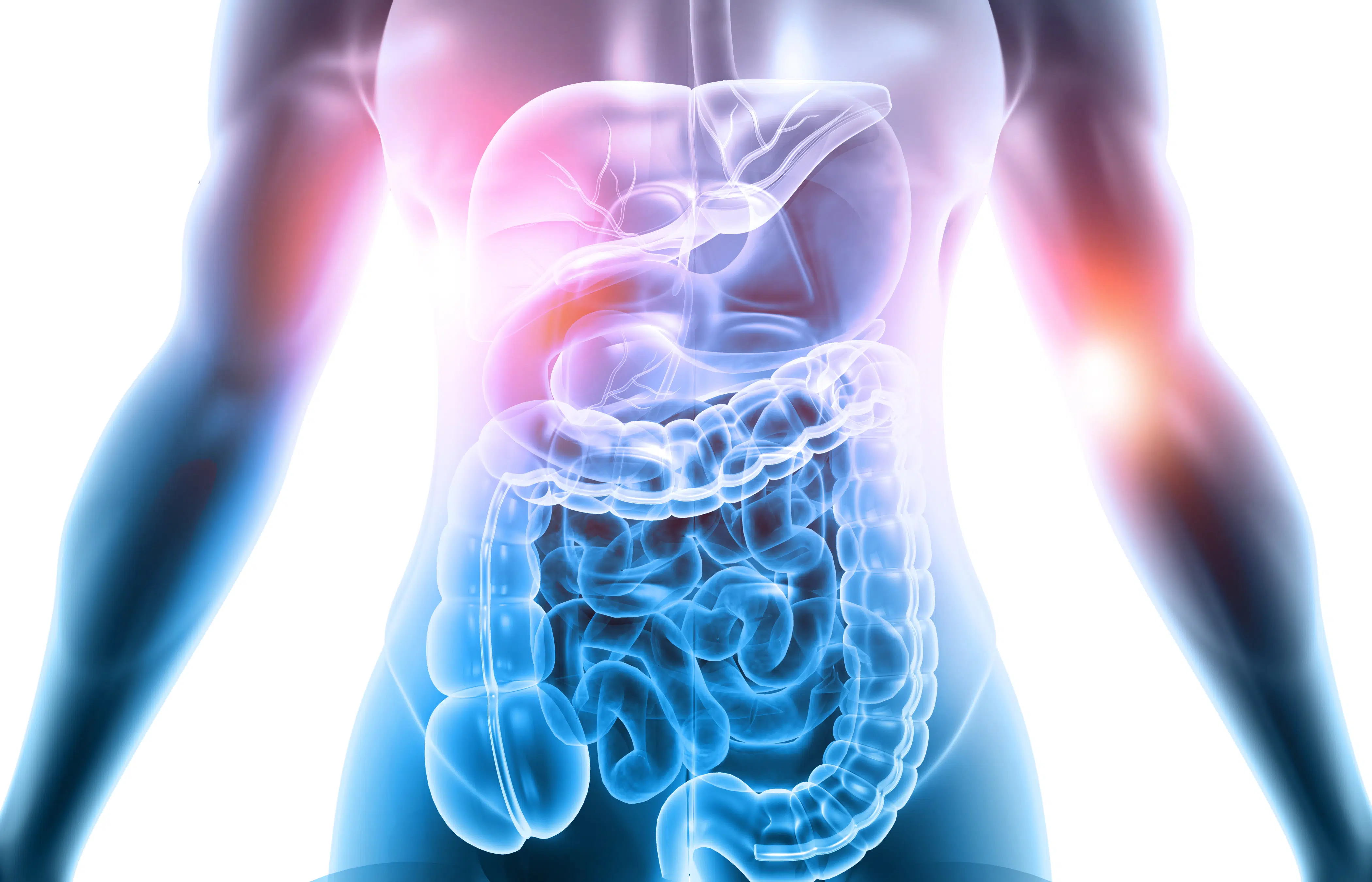
Kids and stomach aches go hand and hand. It is completely normal for kids to get stomach aches, but some kids tend to have bad stomach pain all the time. Is your child having abdominal pain, cramping, gas, bloating, diarrhea or constipation? Then you may be wondering if your child has IBD or IBS (inflammatory bowel disease or irritable bowel syndrome). But what’s the difference between the two?
Many of the symptoms are quite similar, but it should be noted that IBD and IBS are very different. IBS can cause pain, but there is no inflammation of the intestine, but doesn’t lead to serious disease. IBD, on the other hand, can lead to serious disease.
Please not that is it important not diagnose either of these conditions yourself. If you start to notice that you child is having any of these symptoms, then you should take your child to a pediatrician. They will hopefully at refer you to a child pediatric gastroenterologist, like Gainesville Pediatric, if necessary.
Inflammatory Bowel Disease
IBD is a chronic condition caused by inflammation in the digestive tract. There are two main types of IBD: ulcerative colitis and Crohn’s disease. Ulcerative colitis only affects the colon, whereas Crohn’s disease can affect any part of the digestive system.
IBD is diagnosed by a pediatric gastroenterologist through complete medical history, physical examination and specialized diagnostic procedures. These procedures can include blood tests, stool tests, endoscopy, colonoscopy or radiology exams. The treatment for IBD usually consists of medication therapy or surgery, both with the goal of reducing inflammation.
IBD symptoms:
- Abdominal pain
- Diarrhea, sometimes bloody
- Urgency to stool
- Weight loss
- Rectal bleeding
- Rash
- Loss of appetite
- Fever
- Fatigue
- Growth failure
- Joint pain
Irritable Bowel Syndrome
IBS is not a disease, but rather, a collection of symptoms. With IBS there is no damage or inflammation in the digestive  system. When you experience abdominal pain that is accompanied by changes in bowel movement habits, like constipation or diarrhea, this is called irritable bowel syndrome.
system. When you experience abdominal pain that is accompanied by changes in bowel movement habits, like constipation or diarrhea, this is called irritable bowel syndrome.
Although the exact cause is unknown, nerve signals or chemicals secreted by the gut or brain may cause the gut to be more sensitive to triggers that normally do not cause significant pain (such as stretching or gas bloating). This nerve dysfunction also results in change in bowel motility leading to constipation or diarrhea.
In order to diagnose IBS, a physician should make sure it isn’t IBD first. IBS is typically treated with a dietary change, medication and stress management.
IBS symptoms:
- Abdominal pain
- Heartburn
- Nausea
- Bloating
- Urgency to pass a bowel movement or sensation of incomplete passage of bowel movement
- Chronic or intermittent diarrhea

- Chronic or intermittent constipation
- Passage of mucus in the stool
If you would like more information about children’s gastrointestinal digestive disorders and nutrition in children, please contact Dr. Walia at 470-228-4778 or visit her online at gainesvillepediatricgi.com.







